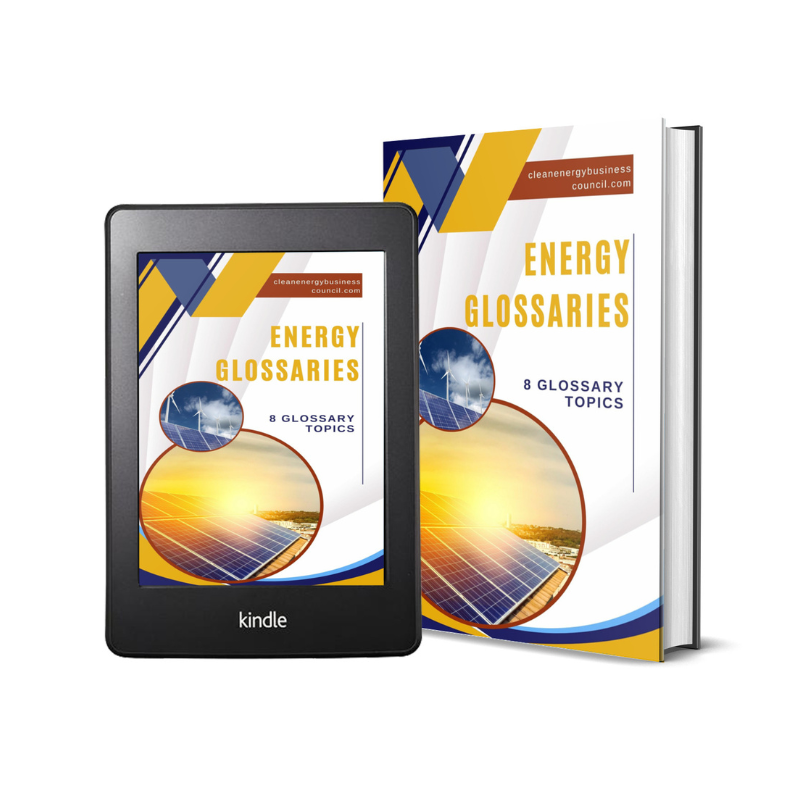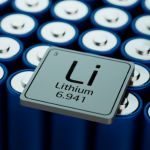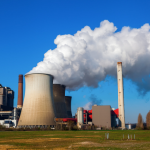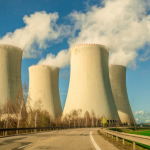Learn Everything About Clean Energy & More!
Check out our free energy glossaries and learn everything related to yoga!

Energy Glossaries
Some Recent Energy Glossary Articles
Coal Washing – Definition & Detailed Explanation – Fossil Fuels Glossary Terms
I. What is Coal Washing? Coal washing, also known as coal beneficiation or coal preparation, is a process used to remove impurities from raw coal before it is burned. The goal of coal washing is to reduce the amount of ash, sulfur, and other impurities in the coal, making it cleaner and more efficient to … Read more
Radiation Biology – Definition & Detailed Explanation – Nuclear Energy Glossary Terms
I. What is Radiation Biology? Radiation biology is the study of the effects of ionizing radiation on living organisms. Ionizing radiation is a form of energy that can cause damage to cells and DNA by breaking chemical bonds. This type of radiation is commonly associated with medical imaging procedures, nuclear power plants, and radiation therapy … Read more
Coal Handling – Definition & Detailed Explanation – Fossil Fuels Glossary Terms
I. What is Coal Handling? Coal handling is the process of transporting and managing coal from its initial extraction to its final destination. This includes activities such as loading, unloading, storing, and transporting coal to various locations. Coal handling is an essential part of the coal mining industry, as it ensures that coal is efficiently … Read more
Passive Solar Design – Definition & Detailed Explanation – Solar Energy Glossary Terms
I. What is Passive Solar Design? Passive solar design is a sustainable building strategy that utilizes the sun’s energy to provide heating, cooling, and lighting for a building without the need for mechanical systems. This design approach takes advantage of the natural elements of a site, such as sunlight, wind, and vegetation, to create a … Read more
Alpha Particle – Definition & Detailed Explanation – Nuclear Energy Glossary Terms
I. What is an Alpha Particle? An alpha particle is a type of ionizing radiation consisting of two protons and two neutrons, which is essentially the nucleus of a helium atom. It is commonly represented as α in nuclear equations. Alpha particles are relatively large and heavy compared to other types of radiation, such as … Read more
SCADA System (Supervisory Control and Data Acquisition) – Definition & Detailed Explanation – Wind Energy Glossary Terms
I. What is a SCADA System in the context of Wind Energy? In the world of wind energy, a SCADA system plays a crucial role in monitoring and controlling the various components of a wind farm. SCADA, which stands for Supervisory Control and Data Acquisition, is a type of control system that is used in … Read more
Solar Radiation Pressure – Definition & Detailed Explanation – Solar Energy Glossary Terms
I. What is Solar Radiation Pressure? Solar radiation pressure is the force exerted by sunlight on objects in space. When sunlight hits an object, it transfers momentum to the object, causing it to move in the direction of the sunlight. This force can have a significant impact on spacecraft and other objects in space, influencing … Read more
Temperature Gradient – Definition & Detailed Explanation – Geothermal Energy Glossary Terms
I. What is Temperature Gradient? Temperature gradient refers to the rate at which temperature changes over a certain distance. In geothermal energy, temperature gradient plays a crucial role in determining the feasibility and efficiency of harnessing heat from the Earth’s core. The Earth’s interior is incredibly hot, with temperatures reaching up to 9,000 degrees Fahrenheit … Read more
Low-Temperature Geothermal System – Definition & Detailed Explanation – Geothermal Energy Glossary Terms
I. What is a Low-Temperature Geothermal System? A low-temperature geothermal system is a type of renewable energy system that harnesses the natural heat stored beneath the Earth’s surface to provide heating and cooling for buildings. Unlike traditional geothermal systems that require high temperatures for efficient operation, low-temperature geothermal systems can operate effectively with lower temperature … Read more
High-Level Waste (HLW) – Definition & Detailed Explanation – Nuclear Energy Glossary Terms
What is High-Level Waste (HLW)? High-Level Waste (HLW) is a type of radioactive waste that is produced as a byproduct of nuclear reactions. It is considered to be the most dangerous and difficult to manage form of nuclear waste due to its high levels of radioactivity and long half-lives. HLW is typically generated from the … Read more







